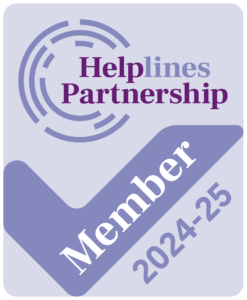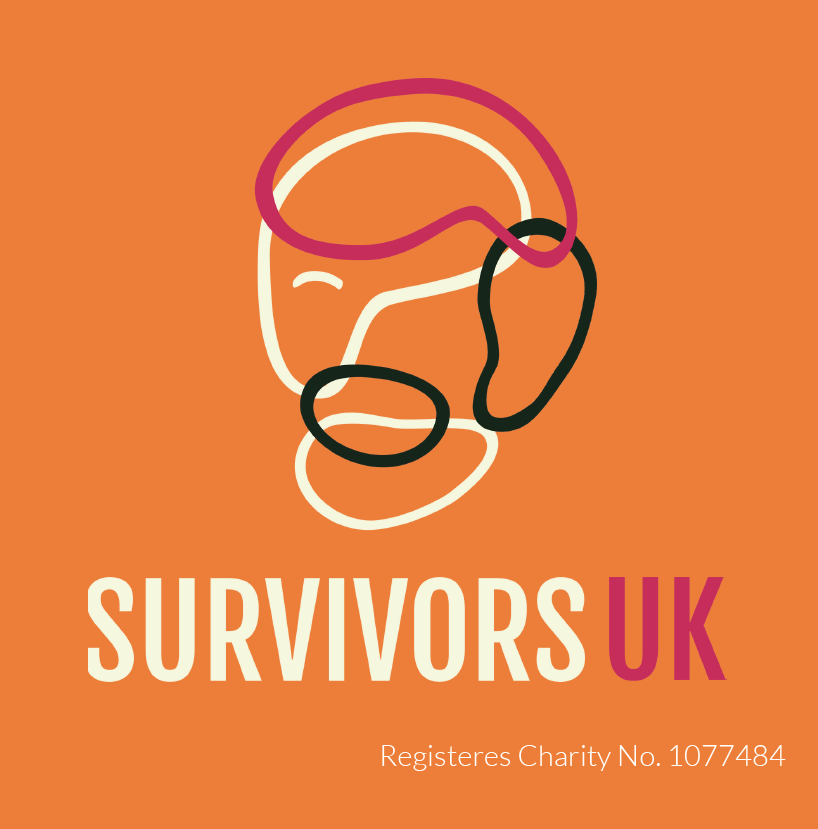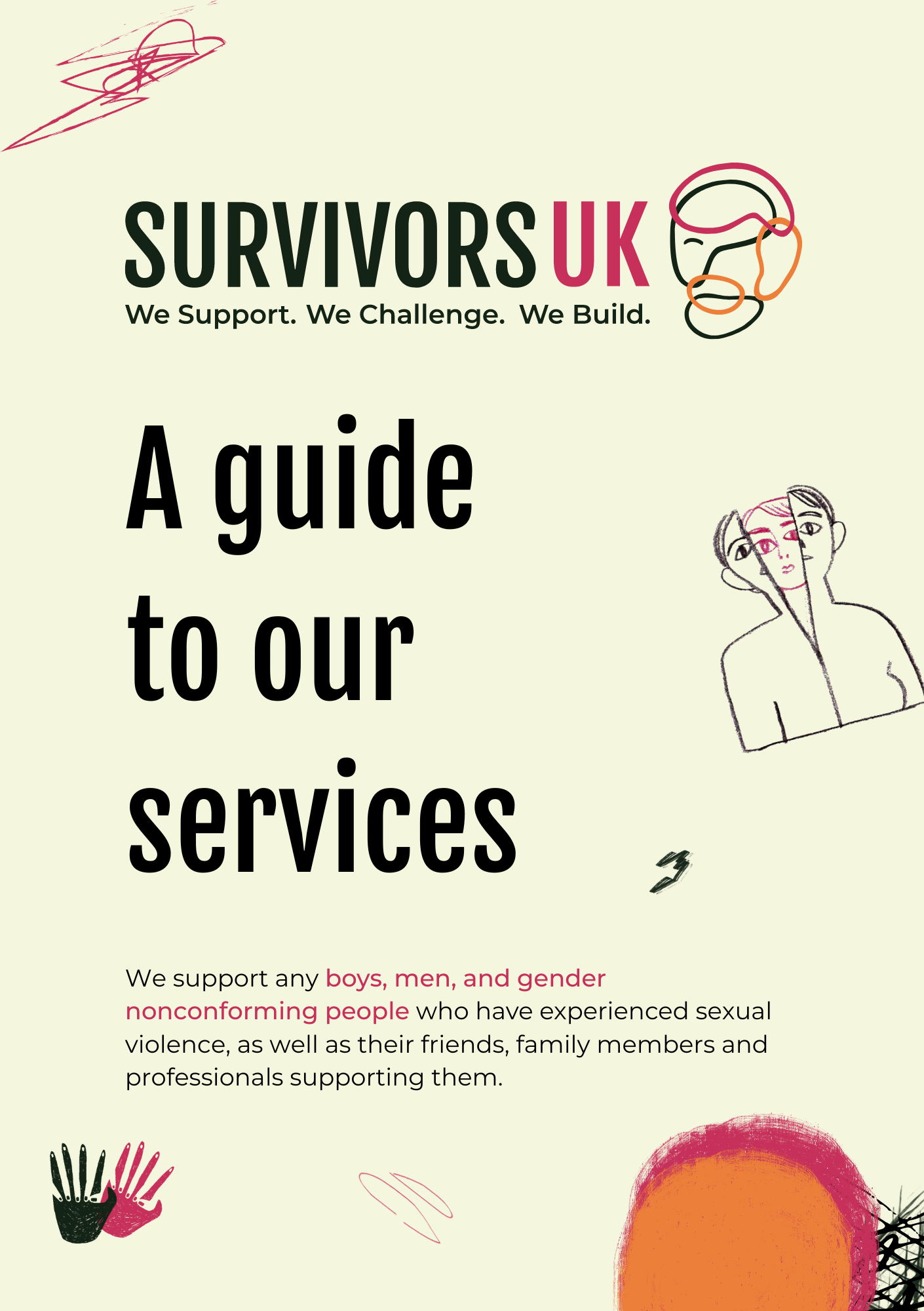What is grooming?
Grooming can be defined as the process that an abuser uses to desensitise you – to make you less likely to reject or report abusive behaviour.
Grooming can happen when there is a power differential within a relationship, which the abuser exploits for their own gratification.
This is most commonly recognised as a tactic used by perpetrators of child sexual abuse, both on children and parents. However, adults can also be groomed.
Child grooming
Age difference is one example of a power differential. Children are taught to respect older children and adults – many abusers take advantage of this.
If you were groomed as a child your feelings may be very mixed. The abuser may have taken an interest in you and shown you affection in a way that other adults did not, or perhaps allowed you to do things other adults did not.
Whether consciously or not, the abuser did this as a way of gaining your trust and make it less likely that you would risk losing the ‘special relationship’ by talking to others about the sexual abuse.
Adult grooming
While grooming is most associated with child sexual abuse, it is also possible for adults, especially vulnerable adults to be groomed – or prepared – for abuse.
As with children, this is more common in situations where there is a power differential – for example by someone older or physically stronger, or by a professional who has a measure of control over you, such as a doctor or a teacher.
Many gay men arrive in big cities like London having fled homophobia in other environments and throw themselves into the gay scene. You might have then been coerced or encouraged into doing things – for example you might have met someone who encouraged you into the chemsex scene, saying that it is the norm, that it’s just what happens in the gay community, something like a rite of passage.
In expensive cities like London this could also take the form of people offering cheap or free accommodation in exchange for sex, leaving you feeling trapped in a situation whereby if you refuse sex you might then be made homeless.
Grooming can also happen in domestic and relationship settings where the abusive partner, over time, introduces abusive acts that you feel coerced into allowing. In these situations, consent is coerced and therefore is not consent.
The effects of grooming
One of the key results of grooming is that the survivor is left carrying the shame of the events, often represented in a sense of complicity – that you let it happen. This self blame once again makes the abuse difficult to talk about. Grooming makes it more difficult to identify when abuse is happening, and more difficult to identify and talk about in retrospect.
The law is clear; when consent to sex is coerced, including emotionally coerced sex, it is not consent.

















